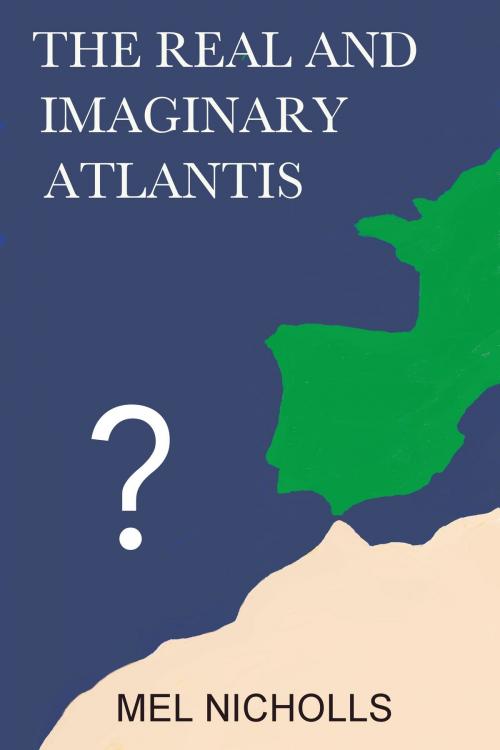The Real and Imaginary Atlantis
Nonfiction, Social & Cultural Studies, Social Science, Archaeology, History, Civilization| Author: | Mel Nicholls | ISBN: | 9781310186356 |
| Publisher: | Mel Nicholls | Publication: | November 11, 2013 |
| Imprint: | Smashwords Edition | Language: | English |
| Author: | Mel Nicholls |
| ISBN: | 9781310186356 |
| Publisher: | Mel Nicholls |
| Publication: | November 11, 2013 |
| Imprint: | Smashwords Edition |
| Language: | English |
A new theory of Atlantis is developed which makes the case that Plato’s tale may have been based on historical events. It proposes that the Bell Beaker people may have had an empire in the latter half of the third millennium BC, and moreover that this empire could have had two centers of power, one in mainland Britain and one in southwest Spain. It is speculated that there was a powerful seaport in southwest Spain and that its rulers attempted to expand the empire into the western Mediterranean. At this point they clashed with the older eastern Mediterranean civilizations and a war broke out. Towards the end of the war the seaport was destroyed by a natural disaster when it was struck by one of the tsunamis that have periodically impacted southwest Spain. Plato’s account that places the seaport on the large island in front of the Straits of Gibraltar and describes its destruction and sinking into the depths of the sea could have resulted from a very muddled communication of this hypothesized scenario. Mainland Britain would have been the large island of Atlantis, which is of course still there, whereas the hypothesized seaport in southwest Spain would have been the magnificent citadel that he vividly describes, and which was destroyed. Several lines of evidence that support this theory are discussed including how it fits with the construction of Silbury Hill the largest manmade mound in Europe.
A new theory of Atlantis is developed which makes the case that Plato’s tale may have been based on historical events. It proposes that the Bell Beaker people may have had an empire in the latter half of the third millennium BC, and moreover that this empire could have had two centers of power, one in mainland Britain and one in southwest Spain. It is speculated that there was a powerful seaport in southwest Spain and that its rulers attempted to expand the empire into the western Mediterranean. At this point they clashed with the older eastern Mediterranean civilizations and a war broke out. Towards the end of the war the seaport was destroyed by a natural disaster when it was struck by one of the tsunamis that have periodically impacted southwest Spain. Plato’s account that places the seaport on the large island in front of the Straits of Gibraltar and describes its destruction and sinking into the depths of the sea could have resulted from a very muddled communication of this hypothesized scenario. Mainland Britain would have been the large island of Atlantis, which is of course still there, whereas the hypothesized seaport in southwest Spain would have been the magnificent citadel that he vividly describes, and which was destroyed. Several lines of evidence that support this theory are discussed including how it fits with the construction of Silbury Hill the largest manmade mound in Europe.















